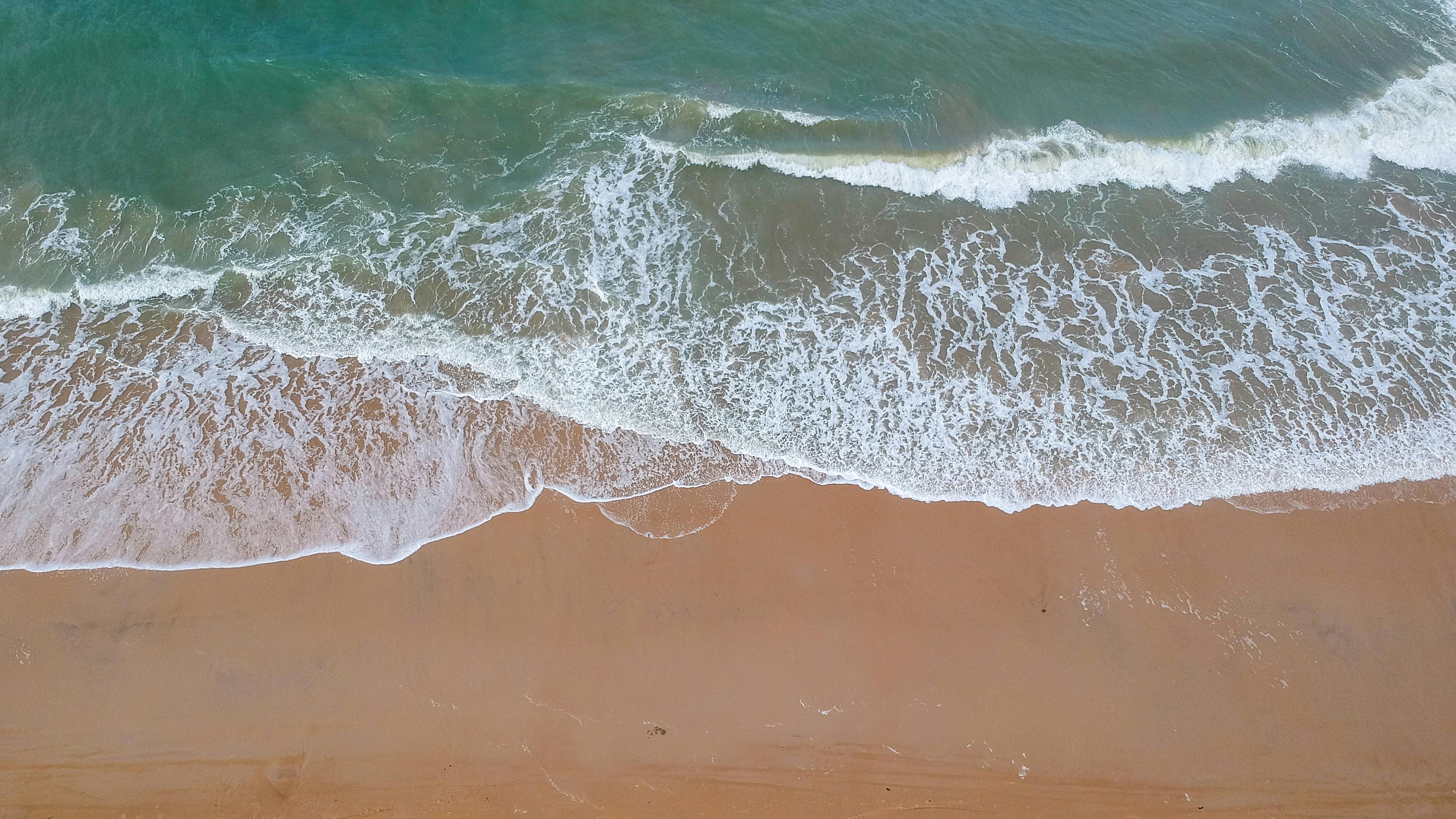Distilled water is one of the most commonly used liquids for use in CPAP (Continuous Positive Airway Pressure) machines. CPAP machines rely on a steady, consistent flow of pressurized air to help keep the airways open during sleep. Given this requirement, it is important to use a liquid that does not contain any contaminants or particles that could disrupt the air flow and cause damage to the equipment. This is why distilled water is recommended for use in CPAP machines, as it has been purified to remove all impurities and particles. Additionally, distilled water does not contain any minerals or additives which could leave deposits on the internal components of a CPAP machine over time.
How to Clean CPAP Machine Using Distilled Water?
Cleaning your CPAP machine with distilled water is an important step in the maintenance of the device. Distilled water is pure and free from minerals, unlike tap water, which can contain elements that can build up and cause damage to your CPAP machine. In order to clean your CPAP machine using distilled water, you will need to follow a few simple steps.
First, you should begin by unplugging your CPAP machine from the wall outlet. Then, remove all of the components and attachments that are connected to the machine including the hose, mask and straps. Put these aside in a safe place. Next, fill a container with warm distilled water and submerge your CPAP components into it. Let them soak for about 15 minutes before removing them from the container.
Once you have removed all of the components from the container, rinse them off with fresh distilled water until all of the soap residue has been removed. Make sure that you rinse them thoroughly as any soap residue left behind can damage your CPAP machine. After rinsing them off, pat them dry with a clean cloth or paper towel before putting them back together again.
Finally, reassemble all of your components back onto the CPAP machine and plug it back into an electrical outlet. Turn it on and allow it to run for at least 30 minutes before turning it off again. This will ensure that any remaining residue is cleared away from your machine. Repeat this process once every two weeks or as needed to keep your device in optimal condition.
By following these simple steps, you can easily clean your CPAP machine using distilled water and keep it running smoothly for many years to come!
What Are the Benefits of Using Distilled Water in CPAP Machines?
Using distilled water in CPAP machines is beneficial as it helps to reduce the risk of contamination and buildup of minerals, providing a healthier and fresher air. Distilled water is essentially purified water that has been boiled until steam is produced which then collects in a separate container. This process removes any impurities or contaminants, making it far safer to use than tap water. In addition to this, the use of distilled water can help reduce the amount of maintenance required for a CPAP machine as there will be no need to clean out sediment or scale buildup from hard tap water.
Distilled water also helps to reduce noise from the machine as there will be no mineral buildup on the internal components. This not only makes for a quieter experience but also helps to extend the life of the machine as fewer parts need replacing due to corrosion or damage caused by mineral buildup. Furthermore, distilled water also reduces condensation build-up inside the machine, allowing for longer runs with fewer interruptions due to refilling.
Finally, distilled water can help make breathing easier by removing allergens such as dust and pollen that can be found in tap water. This can help those with allergies or asthma to enjoy a better quality sleep due to improved air quality. It also helps those using humidifiers with their CPAP machines as distilled water produces less steam and therefore reduces the amount of moisture released into the air which can cause irritation or allergic reactions in some people.
What Are the Risks of Not Using Distilled Water In CPAP Machines?
Using distilled water in CPAP machines is essential to ensure that the device is functioning properly and safely. Without using distilled water, there are a number of risks associated with using tap water or other types of water in a CPAP machine.
The most significant risk is the growth of bacteria and other microbes in the water chamber. Tap water can contain various impurities, including chlorine, lead, and other contaminants, which can cause bacterial growth over time. This bacteria can then be released into the air when you use your CPAP machine, potentially leading to respiratory issues or infections.
Distilled water also helps to reduce mineral buildup inside your CPAP machine. Hard tap water contains minerals like calcium and magnesium that can accumulate over time in the humidifier chamber, reducing its efficiency and potentially damaging the internal components of your device. Without regular cleaning and maintenance, these minerals can lead to a decrease in air flow or even failure of parts within the device.
Finally, not using distilled water could affect the longevity of your CPAP machine. Over time, exposure to hard tap waters can corrode internal parts and compromise their performance. Using distilled water helps extend the lifespan of your device, keeping it running more efficiently for longer periods of time.
Overall, it is important to use distilled water when running a CPAP machine in order to avoid potential damage caused by bacteria or mineral buildup inside the device. Doing so will help ensure that your CPAP machine continues working properly for years to come.

How to Tell if Your CPAP Machine is Cleaned with Distilled Water?
Cleaning your CPAP machine regularly with distilled water is essential for ensuring it continues to operate properly. But how can you tell if the cleaning was done using distilled water?
The most reliable way to tell is by using a TDS (total dissolved solids) meter. This device measures the levels of dissolved minerals and salts in a liquid, so you can test the water used for cleaning and make sure it meets the recommended purity level of 0 ppm (parts per million). If the reading is higher than 0 ppm, it means that other elements are present in the water, which could damage your CPAP machine or affect its performance.
Another way to tell if distilled water was used for cleaning is by checking your CPAP machine’s filter. If it looks clean and free of debris, then it has been cleaned with distilled water. If there are any particles or dirt present, then it means that another type of water was used for cleaning.
It is also important to note that tap water should never be used for cleaning a CPAP machine because it contains many impurities and minerals that can damage its components over time. Therefore, always make sure that you only use distilled water when cleaning your CPAP machine to ensure optimal performance and longevity.
Is It Safe to Use Tap Water in a CPAP Machine?
Using tap water in a CPAP machine can be a convenient and cost-effective way to keep your CPAP clean and functioning properly. However, there are some risks associated with using tap water that you should be aware of before making the decision to use it. The most important thing to consider when using tap water is the quality of the water you are using. Tap water can contain bacteria, chemicals, and other contaminants that can be damaging to your CPAP machine and your health.
If you choose to use tap water in your CPAP machine, it is important to make sure the water is filtered or treated before being used. Filtering or treating the water will help remove any harmful contaminants and will ensure that your CPAP machine is functioning properly.
You should also consider the type of filter or treatment system you are using. Some filters may not filter out all bacteria and chemicals that are present in tap water, so it is important to make sure that you are using a filter or system that will effectively remove any harmful contaminants from your tap water before use.
Using filtered or treated tap water in your CPAP machine may also help reduce odors and improve air quality while you sleep. This is especially important for people who suffer from asthma or allergies, as untreated tap water can trigger allergic reactions or exacerbate existing respiratory issues.
Although there are some risks associated with using tap water in your CPAP machine, it can still be an effective way to keep your CPAP clean and functioning properly if done correctly. Make sure you research the type of filter or treatment system available for your needs and always use filtered or treated tap water when cleaning your CPAP machine.
Does the Type of Water Used in a CPAP Machine Affect Its Performance?
CPAP machines are designed to provide a comfortable and effective therapy for patients suffering from sleep apnea. However, the quality of water used in CPAP machines is essential for optimal performance. Different types of water can contain impurities, minerals, and bacteria that can affect the performance of the machine.
Tap water is one type of water used in CPAP machines, but it is not recommended because it can contain various bacteria and impurities. These contaminants can cause damage to the machine over time, leading to a decrease in performance. Distilled or purified water is preferred as it contains fewer contaminants that could interfere with the functioning of the CPAP machine.
The type of water used in a CPAP machine also affects its hygiene level. Tap water contains minerals that can build up over time and form deposits on the inner parts of the machine. These deposits reduce performance by interfering with airflow and creating noise during operation. Distilled or purified water does not have these minerals, so it is much more hygienic and reduces noise levels significantly.
Overall, the type of water used in a CPAP machine does affect its performance and should be chosen carefully. Tap water should be avoided as it can cause damage to the machine over time due to its impurities and bacteria content. Distilled or purified water is much better as it contains fewer contaminants that could interfere with the functioning of the CPAP machine and also helps maintain its hygiene level.

Conclusion
The use of distilled water in CPAP machines is essential to prevent the buildup of contaminants and bacteria in the humidifier component. The lack of minerals and other impurities ensure that the water remains clean and safe for long-term use, preventing the risk of infection or contamination. Additionally, since it is readily available, it is an affordable and accessible option for CPAP users.
Overall, distilled water is highly recommended for CPAP machines as it benefits both short-term comfort and long-term health. Clean water can help improve air quality while providing a more comfortable sleep experience. With its low cost and availability, distilled water is an ideal choice for those who rely on their CPAP machine to get a good night’s rest.

